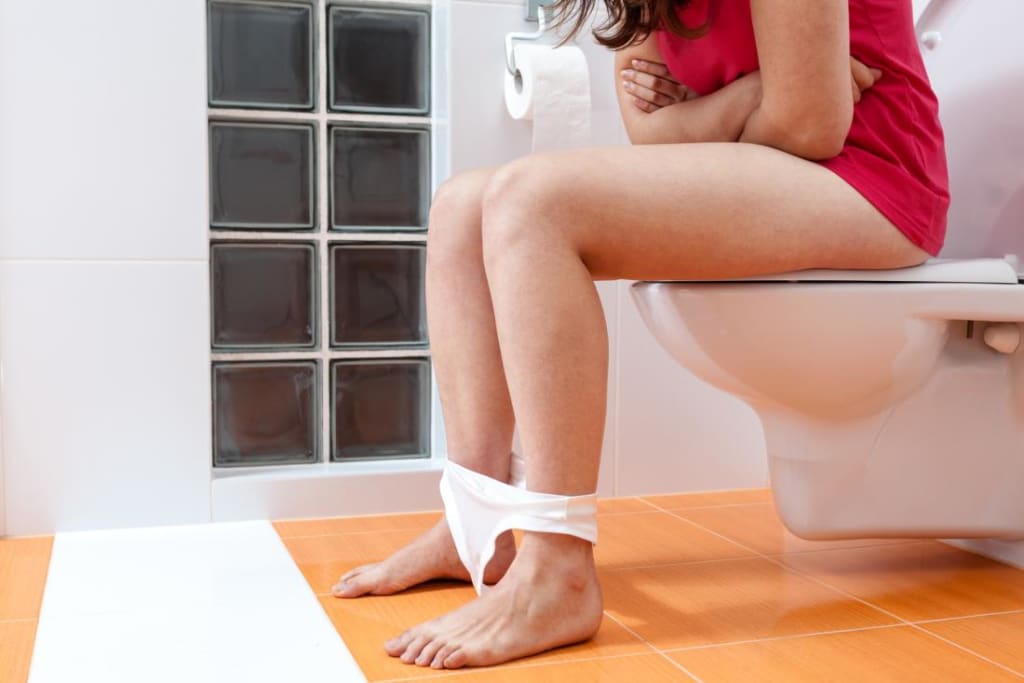We're weeing improperly since a typical practice may lead to excruciating illnesses.
It seems like a lot of us aren't correctly weeing.

Despite the fact that it is something that the majority of healthy people perform between four and eight times a day, it turns out that many of us are weeing incorrectly.
There are some mistakes that we make when urinating that could have worrying consequences, including painful infections. Your bladder should normally hold between 400 and 600 millilitres, which is equivalent to a pint, of urine, so it makes sense that we need to go to the toilet multiple times a day. Despite the fact that this is something that you have been doing for decades, experts claim that there are some instances in which we make these mistakes.
The size of your bladder will determine the amount of urine you need to pass and the frequency with which you need to use the toilet. However, one of the errors that individuals make is that they wait for an excessive amount of time before using the toilet. One of the rules that everyone need to adhere to, as stated by Chris Blick, a consultant urological surgeon at the Princess Grace Hospital, is to go as soon as you feel the need to, or else you run the danger of getting an infection that is really uncomfortable.
The general rule is that you shouldn't make yourself wait until you are in such a state of desperation that you need to urinate. This method may be used on occasion as a component of bladder retraining in order to provide assistance to people who have bladders that are hyperactive. Being too attached to anything may be excruciatingly unpleasant, and if you have a urinary tract infection, it might make you feel ill.
On the other hand, there are some individuals who have a tendency to use the loo an excessive amount of times, which may also lead to complications. If you don't have to, you should never make yourself go to the toilet to urinate. This is another rule of thumb. This may cause your bladder to get used to emptying itself when it is not required to do so, which may result in an increased frequency of urine that you do not want to experience. At times, for instance, before to embarking on a lengthy trip, we could make an effort to urinate if we are not completely full, and this is not likely to have any adverse effects.

It is not a good idea to exert yourself in order to ensure that you get all of the pee out when you go to the bathroom. The specialist believes that the optimal functioning of your bladder occurs when the muscles that make up your pelvic floor are relaxed. You run the risk of causing these muscles to become weaker and perhaps causing a prolapse if you try to push it out. In the event that you have the need to push when urinating, this may be an indication of blockage, and you should see a medical professional.
Last but not least, unless you are a male, you should always make sure to sit down when you need to urinate. Additionally, the doctor believes that hovering might result in a prolapse of the cervix. He went on to explain that women who hover over the toilet seat run the danger of their pelvic floor muscles being tense, which means that they will not be able to empty their bladders of all of their pee properly.
For men who are physically strong and in good health, however, it does not make a difference whether they stand or sit since their flow rate will remain the same. If you have any issues with urination or if you have troubling symptoms such as problems with storing pee, difficulty passing urine, or the sensation that you are unable to empty your bladder, see a doctor.
About the Creator
Jacob Damian
Whether you're looking to learn something new, explore different perspectives, or simply satisfy your curiosity, I can offer you insights and perspectives that you may not have considered before. With my ability to process and analyse.






Comments
There are no comments for this story
Be the first to respond and start the conversation.